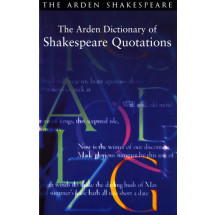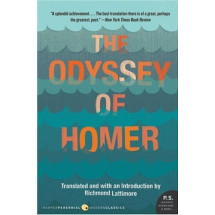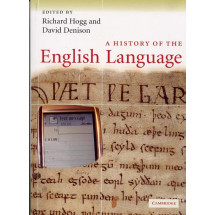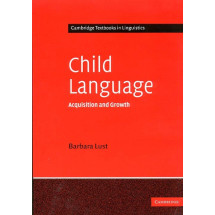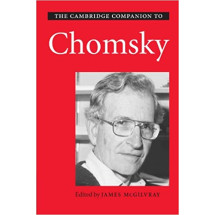List of Illustrations.
About Longman Cultural Editions.
About This Edition.
Introduction.
Table of Dates.
Hard Times, 1854.
CONTEXTS
Condition of England
Benjamin Disraeli, from Sybil (1845).
Friedrich Engels, from The Condition of the Working Class in 1844.
Thomas Carlyle, from Past and Present (1843).
Charles Dickens, On Strike (1854).
Thomas Hood, selected poetry.
Marx, Friedrich, and Engels, from The Communist Manifesto.
Political Economy and its Discontents.
Jeremy Bentham, from An Introduction to the Principles of Morals and Legislation, Chapter 1; Chapter 5.
John Stuart Mill, Bentham; Coleridge.
Carlyle, from Past and Present and Signs of the Times.
Education.
J.M. M'Culloch, from A Series of Lessons (1831).
John Stuart Mill, from Autobiography.
Charles Dickens, Matters Educational, from Our Mutual Friend (1865).
Herbert Spencer, That Knowledge is of Most Worth?(1859).
Victorian Reactions to Hard Times.
Further Reading.
Gage McWeeny is Assistant Professor of English at Williams College, where he specializes in Victorian literature and culture. He is the author of articles that have appeared in _Victorian Poetry_ and _Critical Matrix_, and writes cultural criticism for BBC radio. He is currently at work on a book about social theory and Victorian literature called _The Comfort of Strangers: Sociality and Victorian LIterature_.
Jeff Nunokawa specializes in English literature from about 1830 till about 1900 at Princeton University. His first book, The Afterlife of Property, studies how the novels of Dickens and Eliot labor to preserve the idea of secure possession by overseeing its transfer from the sphere of a cold and uncertain economy to a happier realm of romance. Tame Passions of Wilde: Styles of Manageable Desire excavates the aspiration to imagine a form of desire as intense as those that compel us, but as light as the daydream or thought experiment safely under our control. His current project is a book whose working title is "Eros and Isolation: Getting Away from Others in Nineteenth Century Literature." This book brings a range of social theory to bear on writers like Austen, C. Brontë, Thackeray, Dickens and Eliot to figure out why it’s so hard to break free, even for a little while, from the groups that surround and define us. Most generally, he is interested in the ways that various ideas of society clash and collaborate with one another. Before his day is done, he hopes to write a book about Henry James.



